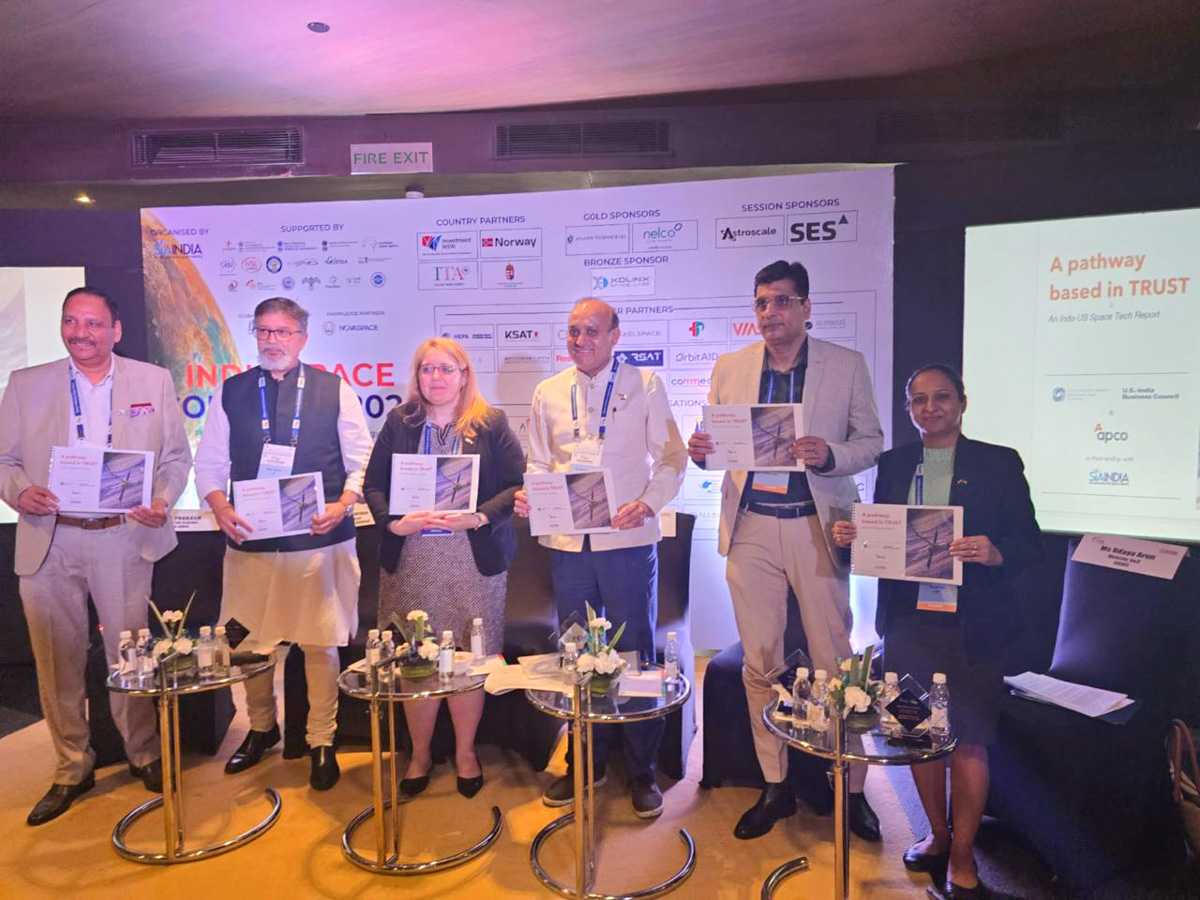

Italy sent shivers down Europe’s spine as anti-establishment Five Stars and hard right Lega formed a government almost two weeks ago. Unique and unprecedented in many ways, the new cabinet will pose new challenges to communicators operating across Italy and at EU level. Companies, organisations and governments dealing with Italy will need to navigate a transformed and multi-layered landscape, shaped by an Italy-First, populist and renewed nationalist approach which is likely to affect the business community and the way it operates in a number of sectors – infrastructure, manufacture, healthcare, trade, retail, technology and so on. It appears that Italy is undergoing a paradigm shift similar to the one effected by Trump in the United States as well as various other countries undergoing populist surges, but with very Italian characteristics. While only time will tell how the new government will roll out its Italy-first imperative, here is a non-comprehensive, initial set of recommendations for communicators that could help shape their approach.
1) Identify your key stakeholder group
The new Italian government relies on two political forces, Five Stars and Lega. While they found enough common ground to team up and form a coalition, they both have their own agenda, priorities, constituencies and domains. The government set-up is comprised of a Prime Minister with no political experience, but ministers with strong political backgrounds (but again, little experience) acting as the political backbone of the cabinet. Key posts in the ministries have been divided between the two political forces, with some substantial technocratic insertions. Understanding if your project falls mainly under the political domain of the Five Stars or of the Lega will allow you to set the correct communications approach. This will entail analysing stakeholders, mapping the top posts of the government which relate to your area of interest, but also knowing the deeper political influences at play in different issues. Quick tip in case your project has a specific geographical scope: if it impacts a Northern Italy local community, it is likely to fall mainly under the political domain of the Lega; if it interests a Southern local community, there is a high chance that Five Stars will be your key interlocutor.
2) Align your narrative
By definition, the Italy First approach prioritizes Italy – Italian companies, workers, organizations, society as a whole – and any successful communications effort needs to respond strongly to this priority. Build a proposition that highlights how your project brings positive change, benefit or support to Italian society. Stress if specific benefit is brought to disadvantaged sectors of the Italian population, especially those which are key constituencies of the new government: the young and unemployed, the suffering SMB, the elderly. In developing this narrative, be aware and extremely cautious with sensitive and divisive issues: migration, security, the relationship with the European Union or the financial and banking world.
3) Bring on board local third parties
This applies especially if you are a foreign organization or perceived as not having solid roots in Italy. Italy First means foreign organizations need to make a more concerted effort than their Italian counterparts to gain the trust of key stakeholders and decision makers. Finding local allies and validators recognized as reputable and authoritative by the institutions will help you build trust and consensus around your project. These could be business associations, universities, individual experts, local organizations, etc. The challenge here will be to not rely with third parties perceived as too closely connected with the old political system.
4) Mobilize public support
Lega and Five Stars thrive when their political base is galvanised and both organizations claim that the constant dialogue between the leadership and their political bases is fundamental to their movements. Similarly, the populist cabinet will want to stay connected to the wider layers of society and may, therefore, respond more positively to clear and visible support expressed by the public. Engaging and mobilizing your customers, employees, partners, or any other local stakeholders to be vocal about your issue of interest and support your messages by engaging in public fora – especially on social media – could be a successful strategy. One that will ensure your project gets the attention of the top stakeholders who will feel the need to engage and respond to the voice of the public.
Only time will tell how Italy-first will unfold. But significant changes in politics and society call for a refocus from communications professionals. Those in charge of getting the right messages out need to think ahead about the ramifications of these changes and adapt their communication approach accordingly. This will keep their organization in a position to thrive and avoid unexpected crises.


